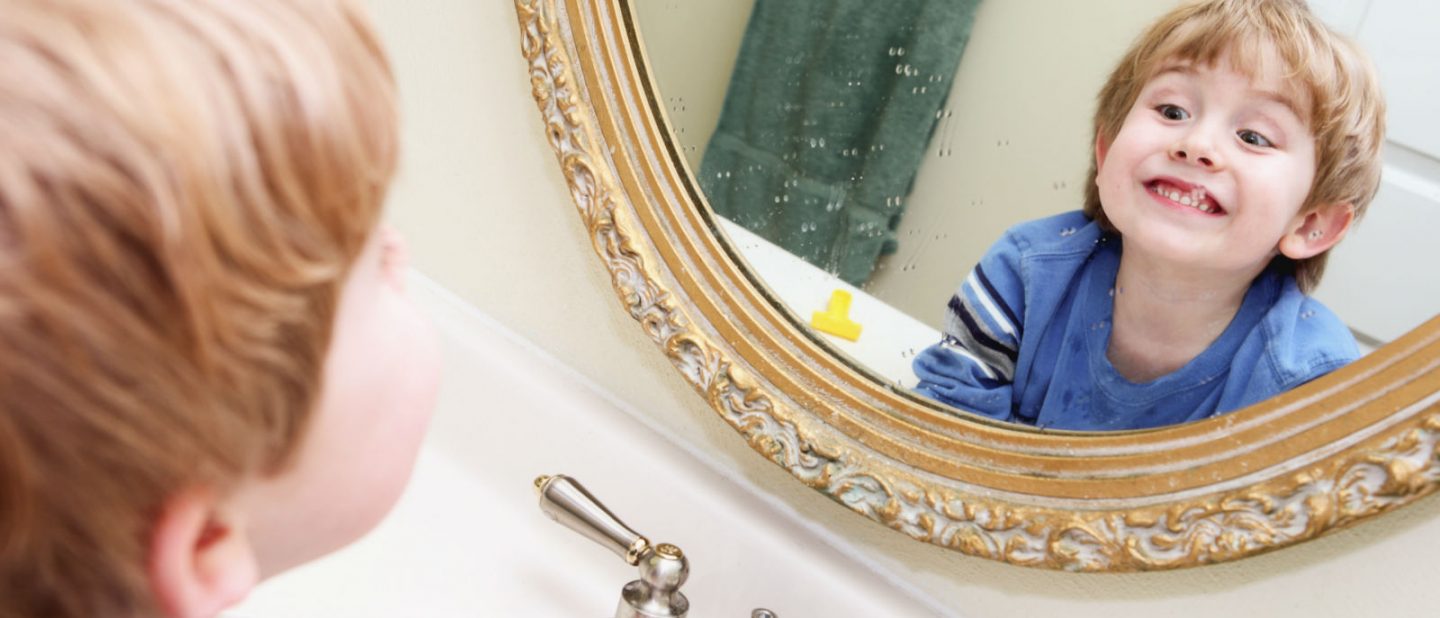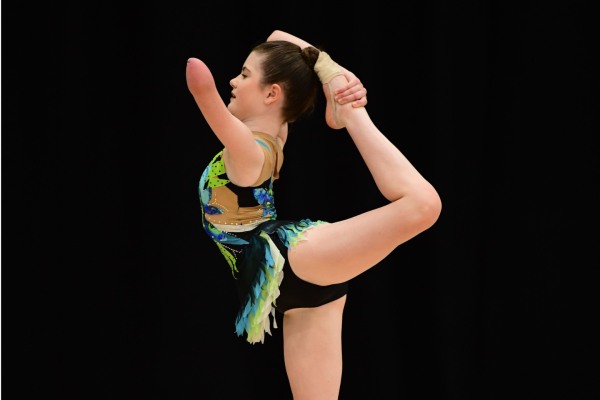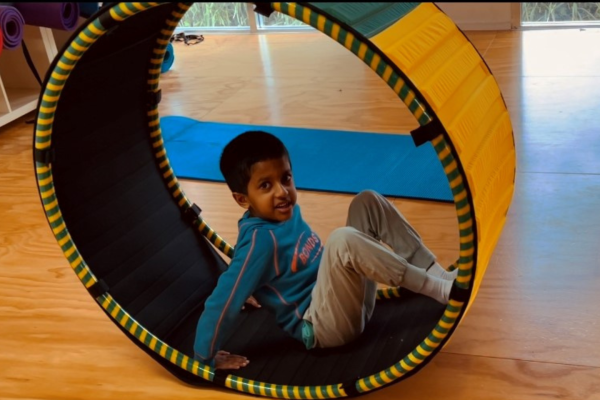
Building self esteem for children on the autism spectrum
By Rachel Jackson
We were at my sister-in-law’s wedding this weekend. Weddings are like chaos in uncomfortable shoes for most of us. For my son who has high functioning autism, they are a cacophony of expensive perfume, a tidal wave of emotions, a gluttony of food and a rush of exuberant dancing and singing.
Unlike many of his peers, he loves them!
It hasn’t always been this way. I recall stomping my way round the headland in Cornwall, England with a screaming toddler intent on rendering all my best friend’s speeches inaudible. He struggles with sensory overload. He is a barometer for emotion and he doesn’t always manage to regulate his responses to these things.
At seven, he is just starting to notice that people don’t seem to want to play with him. His brother has a birthday party every other weekend and he has none. He has always found groups hard to navigate – and I sympathise – I sometimes do too!
At the wedding I found him sitting calmly outside in a courtyard. He told me in his very adult voice that he’d felt a little overwhelmed and decided to take a break – the music was too loud. Filled with pride at this active attempt at re-regulating his senses I suggested we use his ear defenders for a bit – he grimaced. “People will laugh at me and think I’m weird” he stated. This is a first for us – the first real sense of shame or embarrassment at his condition.
I have to admit I’ve noticed him far quicker to flare at me when I told him off in public lately – his sense of self clearly beginning to form – but I’ve never known him to be ashamed of his autism or sensory needs and I wasn’t quite sure how to respond – so we sat for a while talking about it and came up with some options.
He didn’t want ear plugs in as they hurt. He didn’t want to go home as he wanted to dance. But he equally didn’t want people to think he was odd. We eventually came up with a plan – and jointly approached the DJ – informing him that he had sensitive ears and wondering if he could turn the music down as he loved to dance – duly engaged, my son and the DJ negotiated an appropriate balance using hand signals and thumbs up and the dance moves began.
Since my son’s diagnosis 3 years ago I’ve tried to recognise moments where the world is not naturally set up for autism – and to encourage my son, just like any young man – to let others know what could change to make it more so. He will now ask for what he needs in a restaurant. He will find an assistant at the supermarket and ask where something is. He will ask for doors to be opened or closed to suit his needs. These are simple things. But they teach him that he has a place in this world. They help him to realise his own ability to adjust his environment and they combat those times when he feels the odds are stacked against him.
We spend so much time dealing with the physical needs of our kids and tackling their ’symptoms’ that some of the more basic psychological needs we would nurture naturally in our NT kids can get neglected.
As a Corporate Consultant specialising in Resilience and Emotional Intelligence, I am frequently standing in front of adults talking about negative self-talk and the importance of balanced attribution styles…and yet it took me a long time to apply those same principles to my son. In my view, few children are more aware of their ‘difference’ than those with higher functioning autism.
Whilst traditional perspectives on autism suggest a lack of or reduction in empathy, I believe those on the spectrum to be ‘hyper-empathetic’. My son’s issue comes when attempting to interpret the rich stream of emotional signals he receives and respond appropriately.
This hypersensitivity can have a huge impact on his self esteem. Whilst remarkably immune to sarcasm, he is extraordinarily sensitive to teasing or criticism, hugely concerned about how others are feeling and intensely aware when others around him are tense. Sadly he often takes more accountability for this tension than he should – and the resulting anxiety and fear of failure becomes an additional barrier to taking the right choice of action.
We are lucky – my son seems pretty resilient at the moment. He is still prepared to try new things; he will still approach people and ask to play; he still speaks of himself in positive terms.
Others are not so lucky. I have a friend who has spoken to me about her 10 year old who is already talking about self harming and wishing he hadn’t been born…and she is not alone. Estimates of self injurious behaviour (SIB) and low self esteem in autism vary but most suggest around 50% of children age 2-7 may demonstrate SIB for a range of reasons – some neurological, and rates of low self esteem and depression are far higher.
Part of the problem comes within the spectrum itself – autism is often characterised by difficulties with introspection and identification of internal affective states – autistic children find it harder to say how they feel as they lack both the words and the recognition of those emotions inside themselves.
Where NT children learn about emotions by watching other’s emotional states and matching it to their words, children on the spectrum find it harder to interpret others’ emotions and thus the language and connections are restricted.
So what can we as parents and professional do to help? Perhaps the simplest opportunity to build self esteem comes in offering greater choices to our children.
When caring for older people life expectancy is closely linked to retained control – the sense that you remain in charge of decisions that impact your life…and yet I too am guilty of choosing my son’s clothes because he couldn’t coordinate himself to get dressed, of choosing food or gifts for him because it’s easier than trying to explain the options. Lately I’ve tried to stop myself doing so – “would you like shorts to go out in the hot sun – or your comfy tracksuit trousers that you like the feel of”. Yes he will probably be hot – does that mean I get to take away his right to choose? I also spend time with my son helping him to understand the currents of emotion around him. I don’t hide my own emotions from him – he has seen me crying, angry, depressed, distraught, confused and stressed – and each time I explain to him where that emotion comes from, what if feels like and how i handle it.
He learns from me that it is OK to be imperfect, safe to be broken and totally normal to be changeable…but he also learns how those feelings can be managed and overcome.
Like the rest of us, our children are learning to live in a world filled with perfectionism and criticism – and much of it they will take to heart. I try to balance that with praise and interest in my son’s achievements and with reassurance that it doesn’t always need to be right – it can be different…and fun.
I tell others about his autism without embarrassment and I help him to find words to express it for himself…which brings me to a new place I want to share…
Last week my son was approached by two boys with whom he has played in the past. They spoke to him about his school – since he clearly doesn’t go to the local school. He told them he now went to a school in Cambridge…and I waited for him to say it was a school for children with autism.
He did not. …and I wondered…at what point does his diagnosis cease to be my secret to tell, my story to share – my right to tell others about. At what point do I step back and allow him to choose whether he tells others about it or not?
He is 7…is it ever too early for him to choose his own way?
Our children learn from us what they should be ashamed of. They pick up from us what they should judge or disapprove of, notice or comment upon. They watch us to see how to fit in – or not and they develop their sense of who they are from listening to how we talk about them and ourselves. Our children deserve to feel proud of themselves, secure in who they are and able to make their own choices about how they present themselves to the world.
They deserve their own story.
Rachel writes about autism and her experiences with her two young boys in her storybooks for children – ‘The Thing – A young Boys Journey with Asperger Syndrome’ and ‘My Brother has a Thing…and I want One’. She is also a consultant with her own company in the UK – Changing Dialogues – supporting organisations, teams and individuals with leadership, emotional intelligence and resilience development. You can find out more at www.facebook.com/theaspergerthing and follow her on twitter www.twitter.com/aspergerthing – or contact her directly on [email protected]







